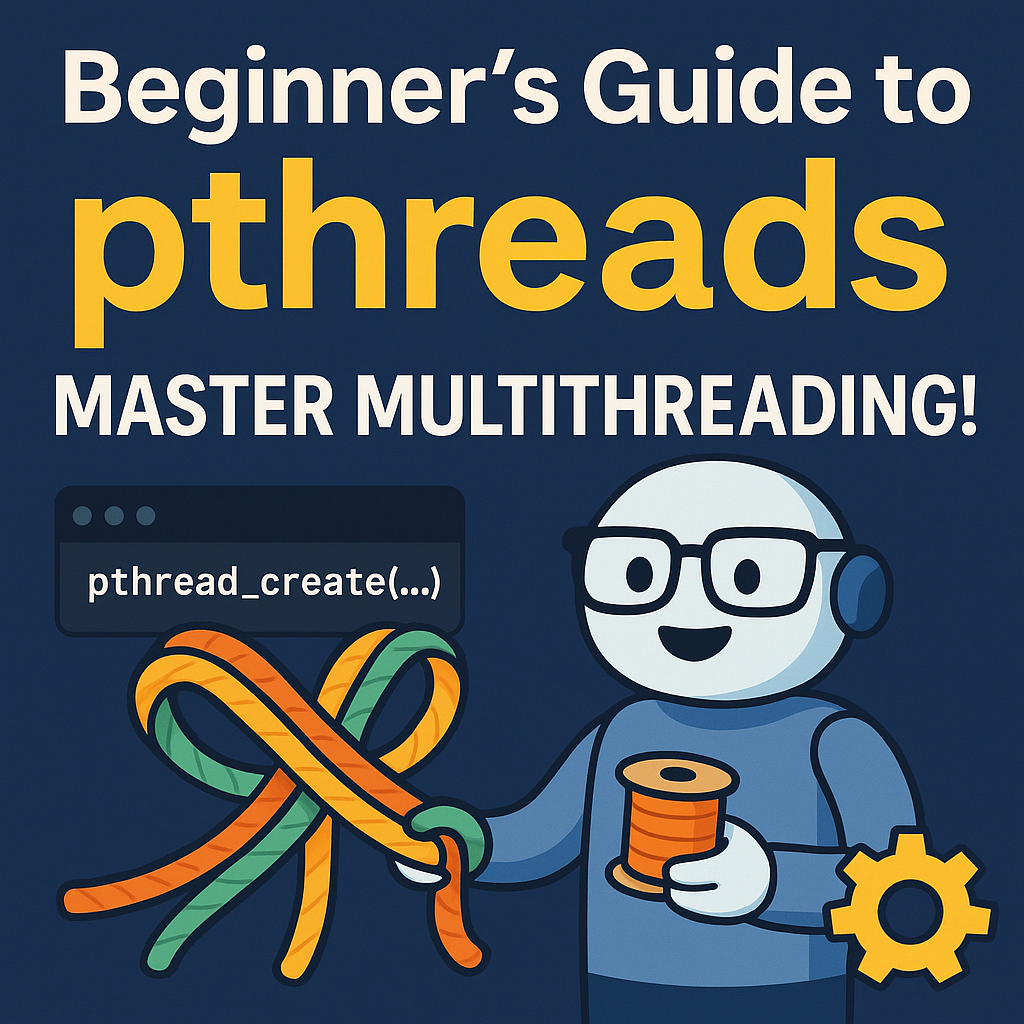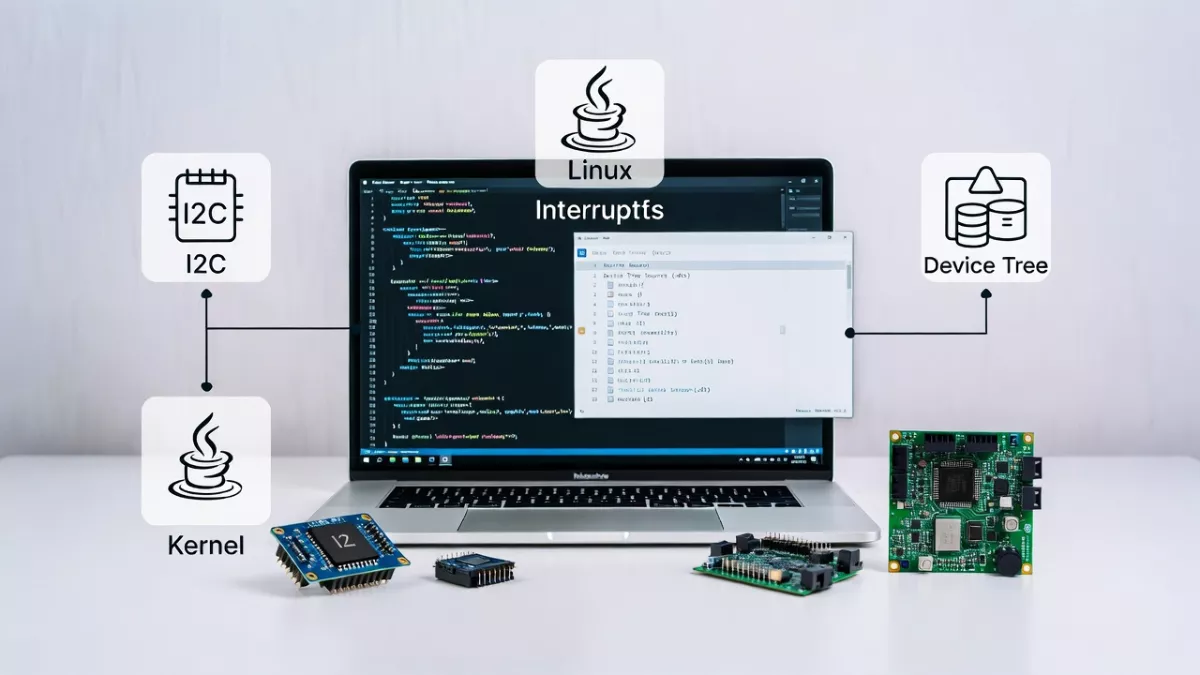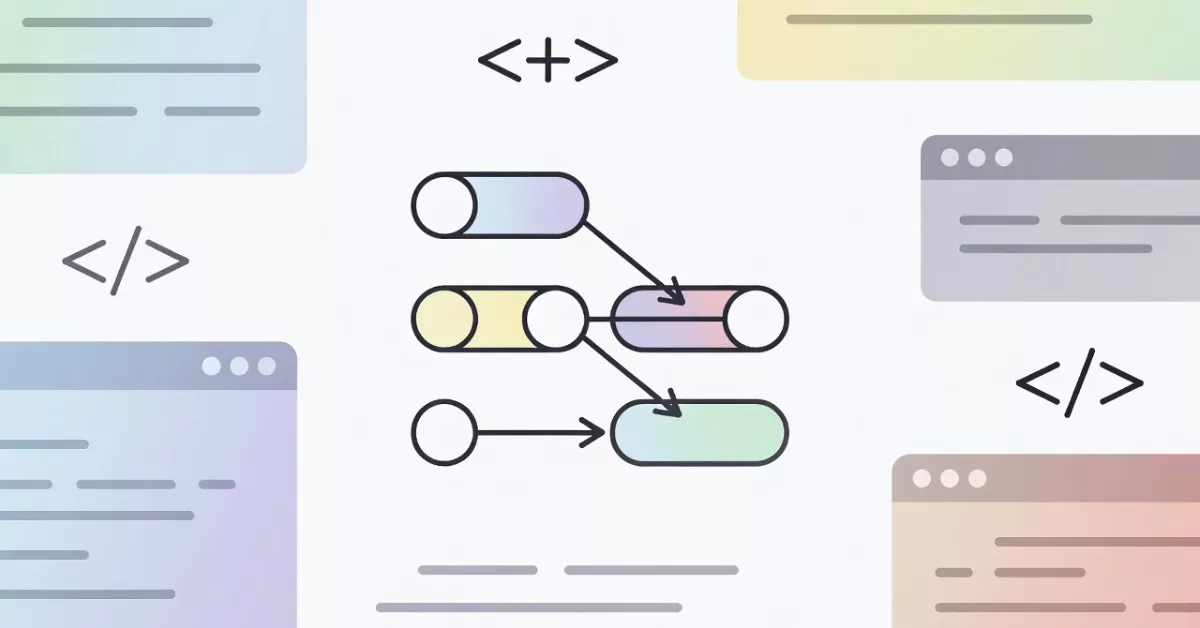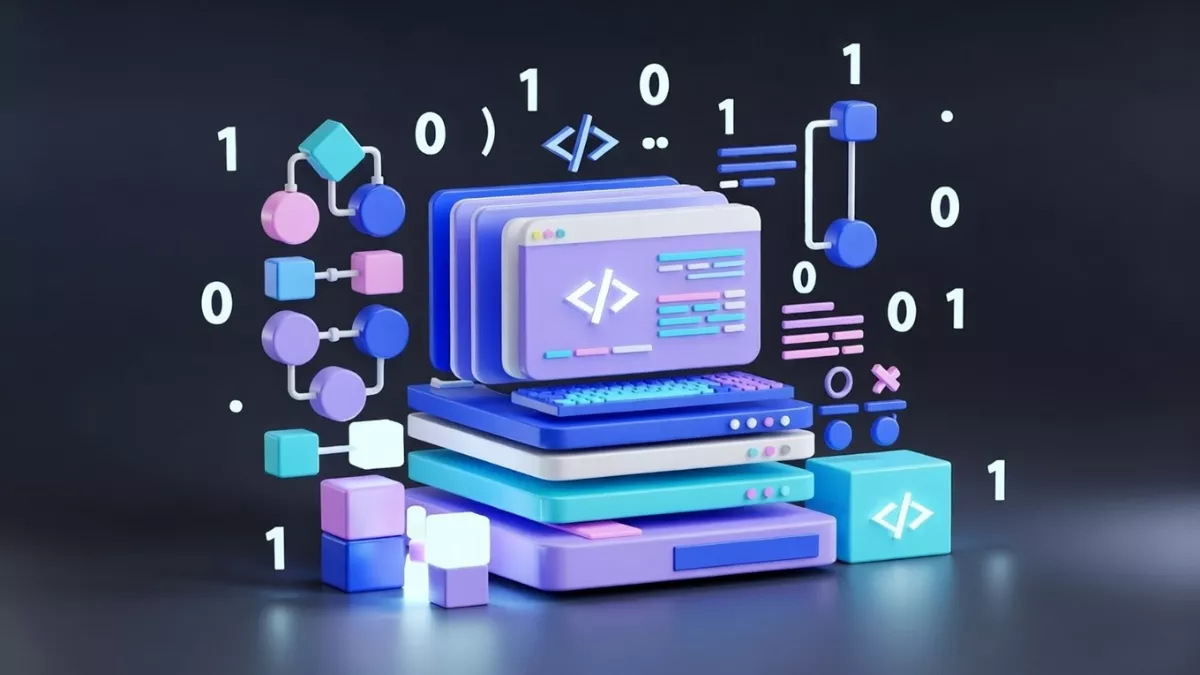Multithreading Interview Questions : Multithreading is a crucial topic in modern C++ programming, especially in embedded systems, game development, and high-performance applications. Understanding multithreading concepts and being able to answer common interview questions confidently can set you apart as a skilled C++ developer.
In this article, we cover the essential multithreading interview questions that every beginner and intermediate programmer should know — along with clear explanations and key points.
Basic Multithreading Interview Questions
- What is multithreading? How does it differ from multiprocessing?
- What is a thread in C++? How do you create and start a thread?
- What is the difference between
join()anddetach()instd::thread? - What is a race condition? How can it be prevented?
- What is a deadlock? How can deadlocks occur in multithreaded programs?
- What is thread safety? How do you achieve it?
- What is a mutex? How is it used in C++?
- What are
std::lock_guardandstd::unique_lock? What is their difference? - How do you pass arguments to a thread function in C++?
- What is a thread ID? How can you get the current thread ID in C++?
Intermediate Multithreading Interview Questions
- What are condition variables? How do they help in thread synchronization?
- What is the difference between
std::async,std::thread, andstd::future? - How do atomic variables (
std::atomic) help in multithreading? - What is thread-local storage? Why is it useful?
- How do you avoid deadlocks in your program?
- Explain the producer-consumer problem and how you would implement it using C++ threads.
- What is false sharing? How can it affect performance?
- How can exceptions thrown in a thread be handled?
- What are the C++11 features that support multithreading?
- What is the difference between cooperative and preemptive multitasking? Which model does C++ multithreading follow?
Advanced Multithreading Interview Questions
- What are lock-free and wait-free programming? How do they differ?
- Explain the C++ memory model and its relevance to multithreading.
- What is memory ordering? How do memory fences/barriers work in C++?
- How do you detect and debug deadlocks and race conditions?
- What is the difference between a mutex, a semaphore, and a spinlock?
- How do you implement a thread-safe singleton pattern in C++?
- What are thread priorities? Can you set them in C++ standard threads?
- What are futures and promises? How do they work in C++ multithreading?
- How can thread starvation occur and how do you prevent it?
- What are the risks and considerations when using
std::thread::detach()?
Practical Multithreading Questions in C++
- Create a program that starts two threads. Each thread prints numbers from 1 to 5 with a short delay. Use
join()to wait for both threads to finish. - Write a thread-safe counter class using
std::mutexto protect increment and decrement operations. Create multiple threads to test it. - Implement the Producer-Consumer problem using C++ threads, mutexes, and condition variables. Producers add items to a shared buffer, and consumers remove items.
- Write a program demonstrating a race condition by having multiple threads increment a shared variable without synchronization. Then fix it using a mutex.
- Use
std::asyncandstd::futureto run a function asynchronously that computes the factorial of a number and retrieves the result. - Create a program that launches multiple threads printing their thread IDs. Make sure threads safely print to the console without mixed output.
- Demonstrate the use of
std::atomicby implementing a lock-free counter that multiple threads increment concurrently. - Write a program that simulates deadlock by having two threads each locking two mutexes in reverse order. Then modify it to avoid deadlock using
std::lock(). - Create a thread pool class that maintains a fixed number of worker threads. The thread pool should execute submitted tasks asynchronously.
- Write a program that passes multiple arguments to a thread function using
std::thread.
Multithreading is a fundamental concept in modern C++ programming that helps you write efficient, responsive, and high-performance applications. Mastering multithreading concepts not only improves your coding skills but also prepares you well for technical interviews, especially in domains like embedded systems, game development, and real-time software.
This tutorial covered a wide range of multithreading interview questions, from basic to advanced, to help you build a strong foundation. Understanding these questions and practicing their answers will boost your confidence and make you stand out as a proficient C++ developer.
Remember, multithreading introduces challenges like race conditions, deadlocks, and synchronization issues, but with the right tools and techniques such as mutexes, condition variables, and atomic operations, you can write safe and effective concurrent code.
Keep practicing by writing your own multithreaded programs, experimenting with different synchronization primitives, and debugging concurrency problems. This hands-on approach will deepen your understanding and prepare you for real-world challenges.
Good luck with your interviews and happy coding!
Mr. Raj Kumar is a highly experienced Technical Content Engineer with 7 years of dedicated expertise in the intricate field of embedded systems. At Embedded Prep, Raj is at the forefront of creating and curating high-quality technical content designed to educate and empower aspiring and seasoned professionals in the embedded domain.
Throughout his career, Raj has honed a unique skill set that bridges the gap between deep technical understanding and effective communication. His work encompasses a wide range of educational materials, including in-depth tutorials, practical guides, course modules, and insightful articles focused on embedded hardware and software solutions. He possesses a strong grasp of embedded architectures, microcontrollers, real-time operating systems (RTOS), firmware development, and various communication protocols relevant to the embedded industry.
Raj is adept at collaborating closely with subject matter experts, engineers, and instructional designers to ensure the accuracy, completeness, and pedagogical effectiveness of the content. His meticulous attention to detail and commitment to clarity are instrumental in transforming complex embedded concepts into easily digestible and engaging learning experiences. At Embedded Prep, he plays a crucial role in building a robust knowledge base that helps learners master the complexities of embedded technologies.








Professional standards maintained, maintains highest standards. Professional excellence found. Expert recognition.